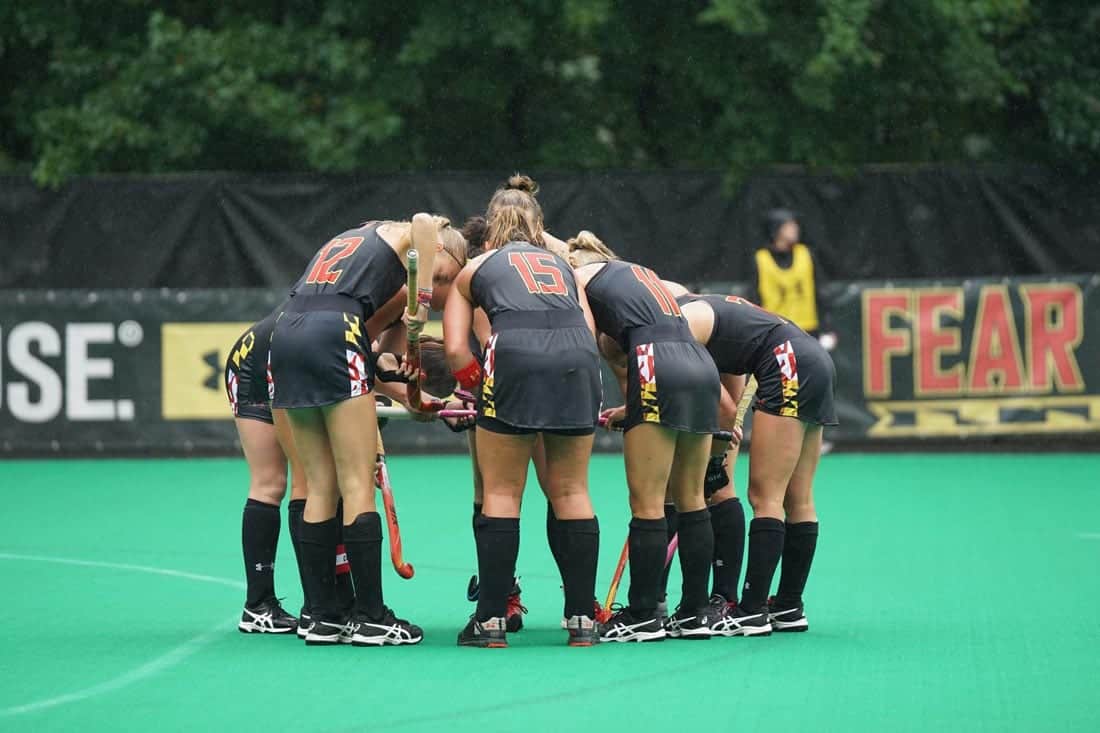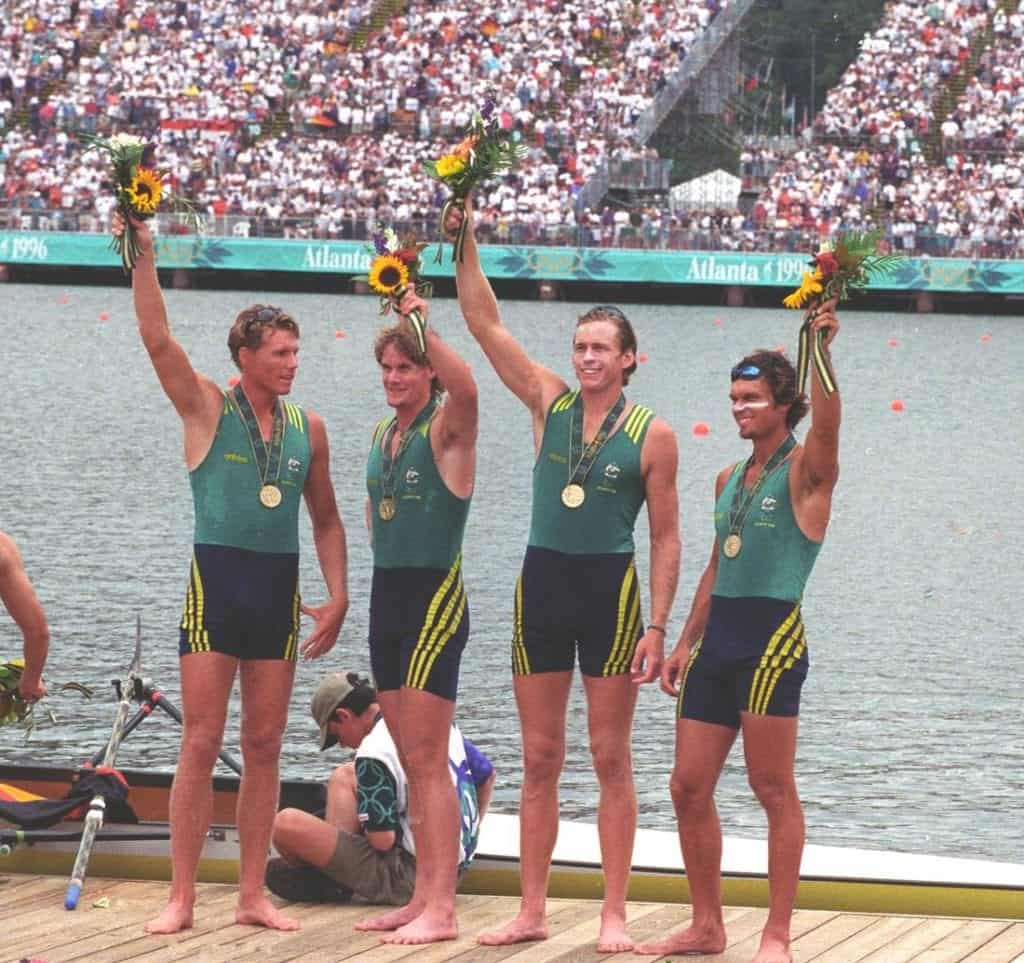By Bo Hanson – 4x Olympian, Coaching Consultant & Director of Athlete Assessments
The debate continues over the salary cap in the NRL and the different football codes fighting each other for talented players with bigger sports bags full of dollars. Is it all about the money? I say, and the business world agrees, No!
These days, professional sport is accepted as a business. However, thinking of it only in terms of how much a player gets paid is missing the bigger picture and vital knowledge accepted by the rest of business world.
What the Business World Knows
Business knows that to keep talented employees, that they need to provide them with opportunities, the best projects to work on, personal development and on-going training, help them feel valued, give them recognition, surround them with people and mentors they like and want to be around. It isn’t only about the money they get paid.
In the business world, there is a well known saying that people don’t leave the job, they leave their boss. This was also the basis of research completed by the Florida State University business school in 2007. They found that of the top six reasons people left their jobs, none included financial reasons. Instead leaving employees responded about how their supervisors treated them, failed to keep their promises and negative relationships.

Other credible research in the sporting world helps answer this debate. For example, the 2009 study by the Canadian Olympic Committee found the most significant contributor to a medal winning performance or a personal best performance at the Beijing Olympics, was a strong coach-athlete relationship. There is also the 2007-2008 Barriers NCAA study found that 42% of the 9,000 student athletes surveyed would not consider a future in college athletics because of the poor relationship with their college sports coach or their coach just prior to college. If you look to the American Football Coaches Association player survey, a whopping 90% of players stated, “The coaching staff was very important in determining which college to attend”.
If it was all about money, there wouldn’t be Olympic sports, because the majority of elite Olympic sports athletes earn very little from their sport, and I can tell you from personal experience that it isn’t about the financial gain that kept me training so hard for an event that only comes around every 4 years.
I feel confident about understanding the parallels between sport and business with my own corporate consulting career of over a decade and my 15-year rowing career. I believe this is my most valued contribution back to sport. I can share what I’ve learnt from business and I understand athletes, having been one myself for so long.
The Value of Engaging Your Players
One of the most important concepts sport can learn from business is ‘engagement’. Engagement is a measure of the degree to which an employee’s heart and mind is committed to their role, manager and company. It is so important in business because engagement has a direct and significant link to profitability. Research shows engaged individuals deliver an additional 30% in discretionary effort which is that little bit extra care towards customers or taking the extra time to ensure a job is done well. In sport, forget about 30% extra effort from your engaged athletes and consider what difference just 1% would make to your athlete’s or team’s performance. (For more on this topic, you might be interested in the article ‘Do Your Athletes Care’.)

When you increase the engagement of your players, you have greater loyalty, they train and compete harder for each other, deliver stronger performance, there is less effort to stay within the rules of behavior, and in the end, they care more and you win more. When we work with colleges and clubs, we help them review their structure and program for 14 different factors that contribute to best practice in athlete engagement. Only one of these is how much the players get paid.
Athletes deciding on which team to join or leave, is not all about the money as there are too many other factors involved. Focusing only on the dollars creates a bidding war without any loyalty. The good news is that teams can position themselves as the team of choice, providing what athletes really want, without hitting so hard on their bank account.
If you need to formally and independently review your season’s program or want honest feedback from all involved in your team, we can help. Athlete Assessments review sports programs and provide you with strategic recommendations to help your future success. Find out more about the Sports Program Reviews.
Or for more information or if you have any questions, contact us to find out how we can help you.




